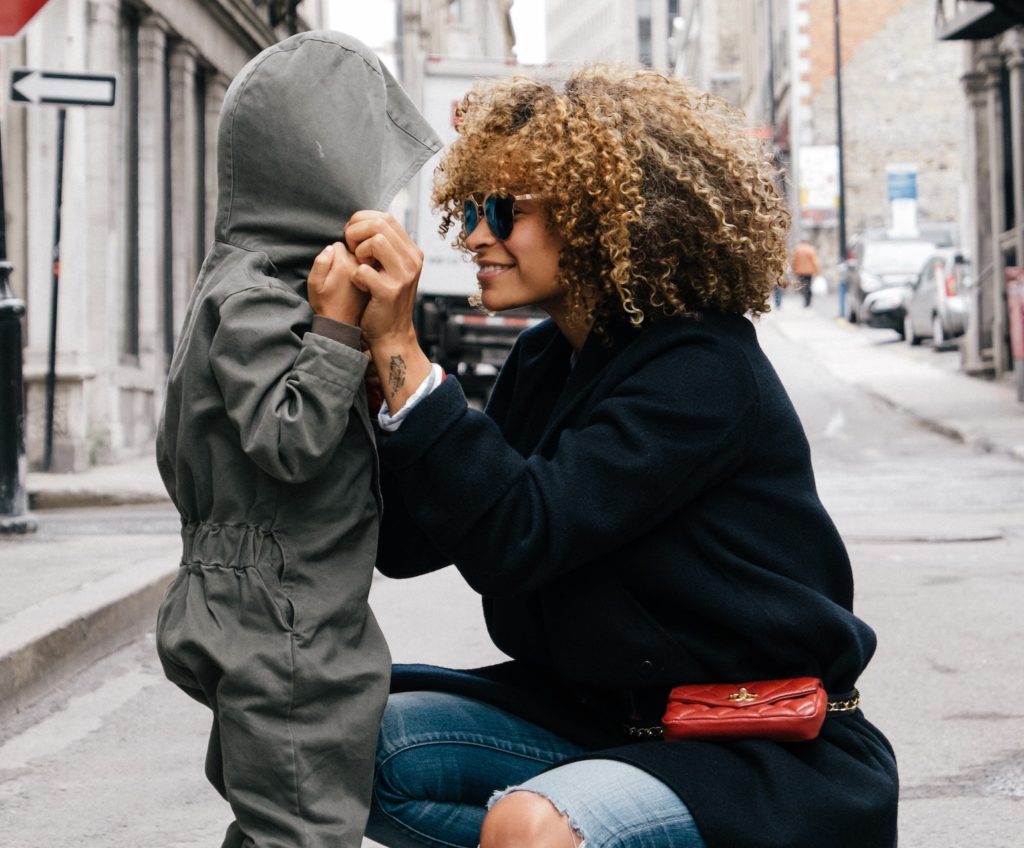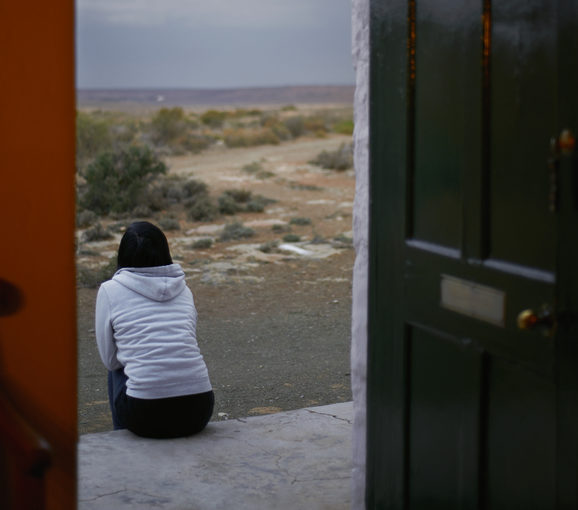Separation anxiety disorder is a type of anxiety disorder. Individuals with separation anxiety may face intense anxiety when they’re apart from family members, primary caregivers, or other close people.
Although separation anxiety is a normal stage of development, significant distress and clinginess may indicate a more serious condition called separation anxiety disorder. In most cases, separation anxiety disorder arises during elementary school, although symptoms can start as early as preschool age. Separation disorder can also occur in adolescents and adults.
If you or your child’s separation anxiety negatively affects their daily life—especially if it disrupts their academic life or involves panic attacks—it’s important to seek professional help. Treatment for social anxiety disorder can help affected individuals live healthy, productive lives.
Signs and Symptoms of Separation Anxiety Disorder
According to the Child Mind Institute, the first signs of SAD typically occur in infants and younger children. Anxiety symptoms may arise after a break from school, such as during summer vacation, after a long-term illness, or following a traumatic event.
Although the signs of anxiety vary, some common signs and symptoms of separation anxiety in infants and young children include:
- Refusing to sleep or spend any amount of time alone
- Anxious behaviors around bedtime
- Extreme fear when faced with new people or new surroundings
- Repeated nightmares or anxious thoughts centered around separation
- Intense periods of anxiety and extreme distress when separated from home, caregivers, or family members
- Refusing to attend preschool or daycare
- Frequent headaches, stomachaches, or other physical complaints
- Behavior issues, such as temper tantrums and clinginess, at the time of separation
If your child is showing any anxiety symptoms, be sure to schedule a visit with your pediatrician for an official mental health diagnosis. In some cases, the symptoms of SAD might look like other mental health conditions, such as mood disorders, social phobia, agoraphobia, or panic disorder. Additionally, a separation anxiety disorder may lead to an increased risk of developing obsessive-compulsive disorder (OCD), depressive disorders, and other types of mental illness.

Separation Anxiety in Adults vs. Children
Normal separation anxiety typically occurs between six months of age and three years of age. When anxious behaviors continue into late childhood or adolescence, your child may have child separation anxiety disorder.
Unlike other DSM-5 anxiety disorders, separation anxiety disorder typically affects infants, toddlers, and children. However, adults can also experience separation anxiety. When separation anxiety continues into adulthood, you may be diagnosed with adult separation anxiety disorder.
Adult separation anxiety is characterized by extreme fear that bad things will happen to friends, family members, spouses, or other caregivers. According to recent research, risk factors such as disability, parental overprotectiveness during childhood, and exposure to a traumatic event can all contribute to an increased risk of separation disorder.
Intense feelings of anxiety surrounding separation can lead to significant distress in an individual’s daily life. Adults with adult separation anxiety disorder may avoid participating in social situations. Separation anxiety can lead to serious problems in maintaining healthy relationships, going to new places, and participating in normal activities, such as work or school.

Find a Therapist to Help With Separation Anxiety
Get personalized matchesTreatment Options for Separation Anxiety
If you or your child is experiencing separation anxiety disorder symptoms, it’s important to seek professional help. After receiving a diagnosis of separation anxiety disorder, you’ll be able to discuss different forms of treatment with a qualified mental health professional. Treatment for social anxiety can help you start feeling better, adjust to new situations, and effectively manage your level of anxiety.
As with other types of anxiety disorders, separation anxiety disorder is highly treatable with a combination of therapy and medication.
- Therapy. Cognitive behavioral therapy (CBT) can help younger children, older children, adolescents, and adults learn how to manage their anxious behaviors. CBT aims to help individuals overcome anxiety symptoms and learn healthy coping skills for times of stress. Some types of CBT used to treat separation anxiety include exposure therapy, family therapy, and relaxation training.
- Medication. Depending on the severity of anxiety symptoms, your psychiatrist or your children’s clinician may recommend psychopharmacology interventions, such as the use of medication. Antidepressant and anti-anxiety medications, such as SSRIs or tricyclic antidepressants, can help ease anxiety symptoms and reduce the frequency of panic attacks in individuals with anxiety disorders.
- Regular check-ups. If you or your child is experiencing any symptoms of SAD, it’s important to schedule regular check-ups with your health care provider. Your child’s pediatrician can provide referrals to child psychiatrists and therapists, monitor your child’s physical health, and help you establish a treatment plan. Check-ups can also help rule out potential medical conditions that may be related to physical symptoms.
- School input. If your child’s anxiety interferes with school, work with your child’s school system to manage their anxiety. Because school refusal is common in severe cases of separation anxiety, it’s essential to keep in contact with your children’s teachers.
Therapy for Separation Anxiety Disorder
It’s normal to be concerned with the well-being of your friends, family members, and caregivers. However, if you experience significant distress, anxious thoughts, and panic attacks when your loved ones are out of reach, it’s essential to seek professional mental health care.
To find a mental health expert, reach out to a therapist through WithTherapy. We’ll connect you to a licensed therapist you feel comfortable with, regardless of your personal preferences or requirements. One of our experienced therapists will help you learn healthy coping skills, effectively manage your anxiety, and improve your quality of life.
Find a Therapist to Help With Separation Anxiety




